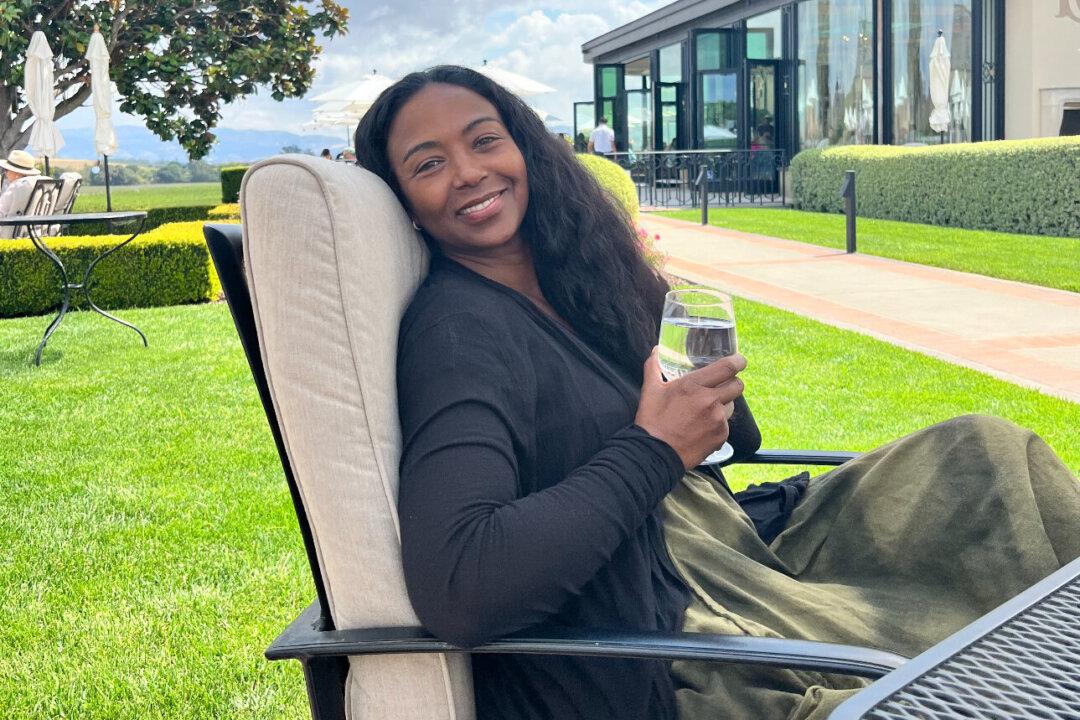When TV talk show host Ananda Lewis looks back on her healing journey, she has little to no regrets.
The 51-year-old was diagnosed in 2019 with stage 3 breast cancer and opted not to undergo a double mastectomy.

When TV talk show host Ananda Lewis looks back on her healing journey, she has little to no regrets.
The 51-year-old was diagnosed in 2019 with stage 3 breast cancer and opted not to undergo a double mastectomy.